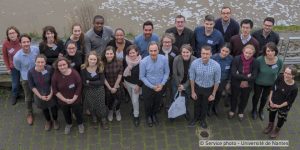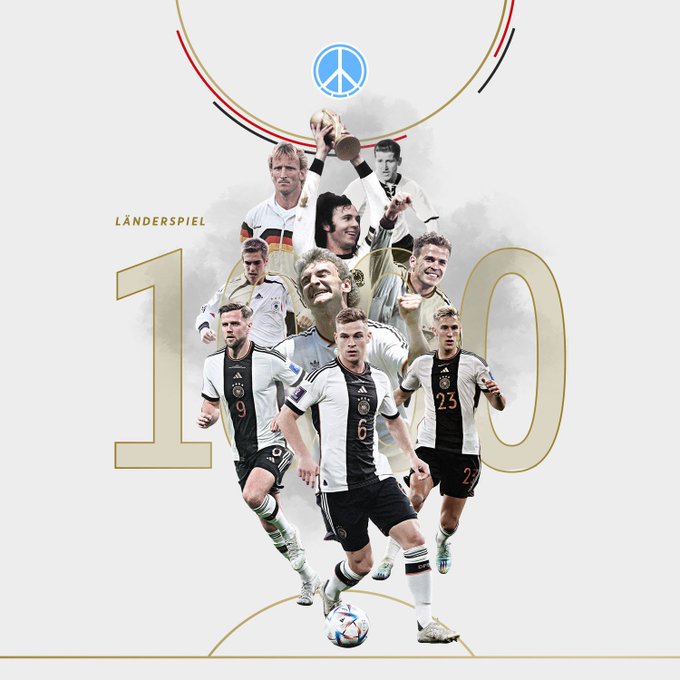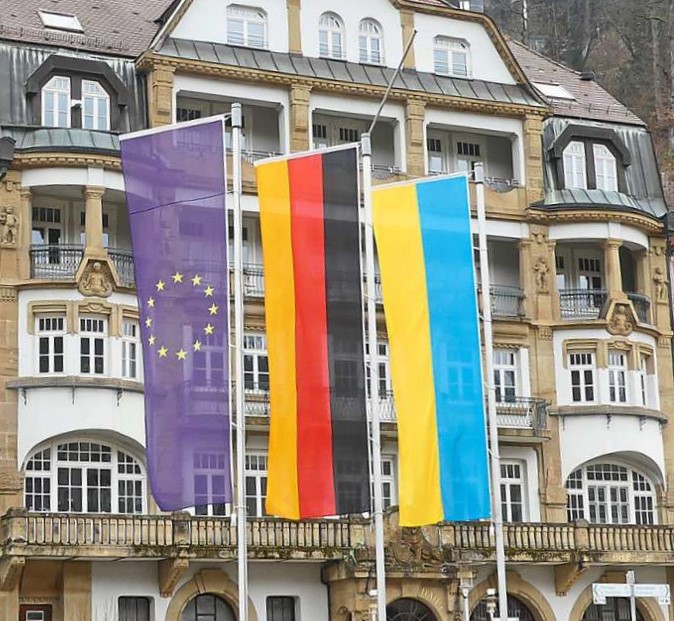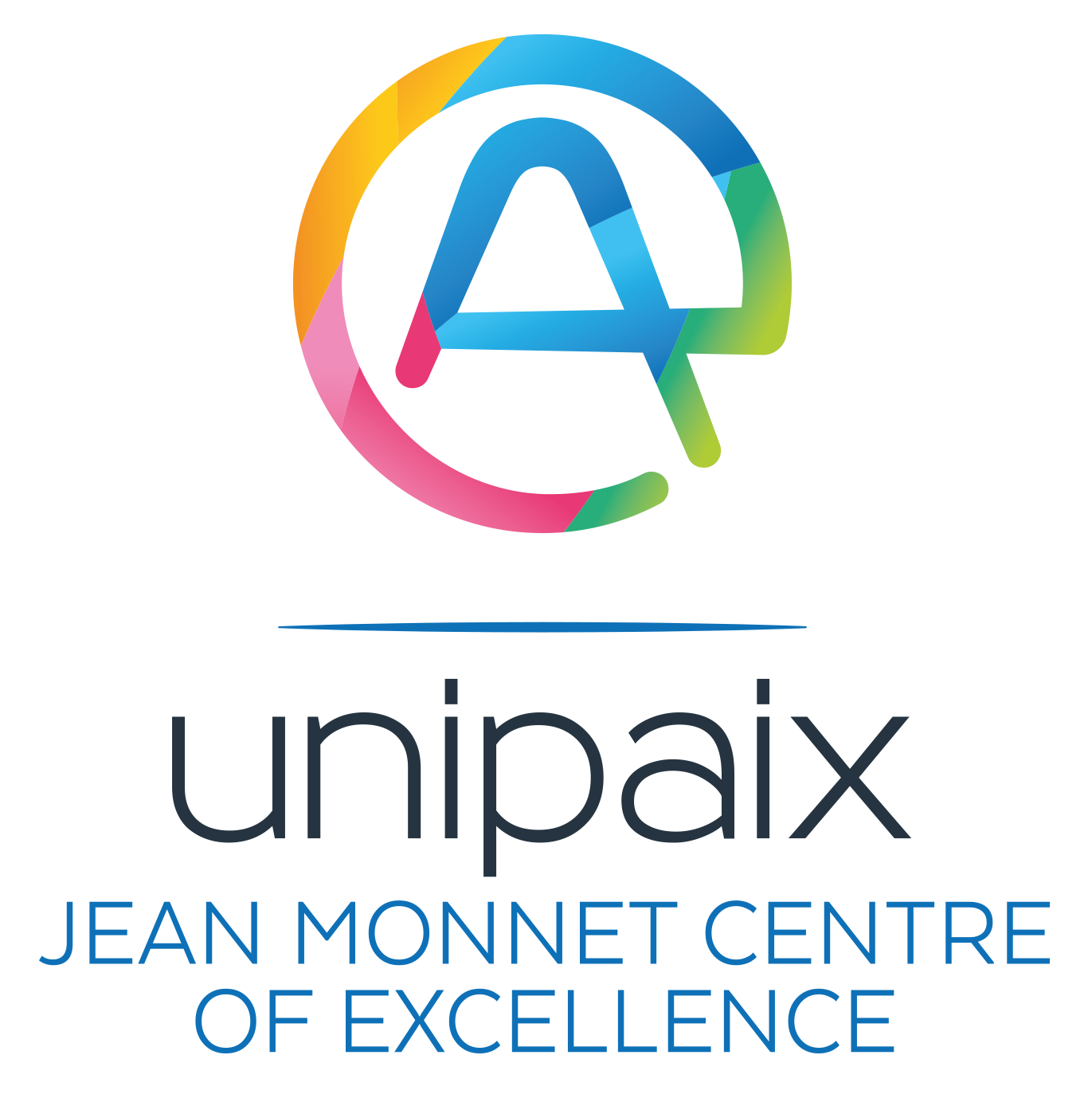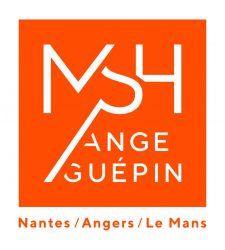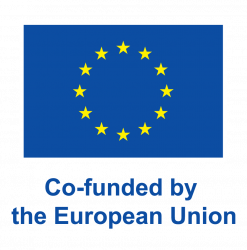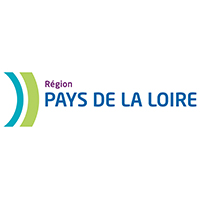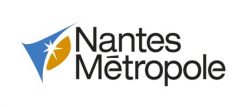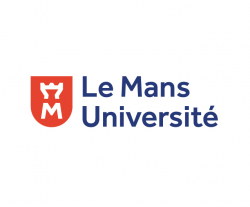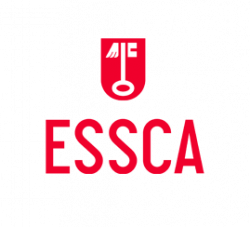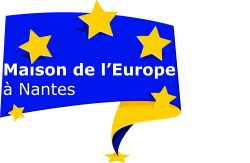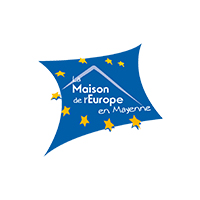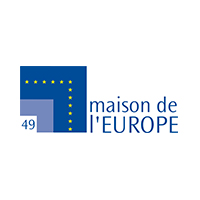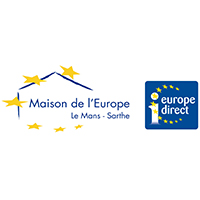From February 3 to 6, 2020, 17 PhD students from the Loire region and abroad participated in the winterschool organized by Alliance Europa at the Maison des Sciences de l’Homme in Nantes. They were trained as consultants and brought a new perspective to local partners on issues related to European governance. Here is some feedback on this great experience.
After several weeks of preparation with our local partners (Atlanpole, the Regional Fishing Committee, Euradio and Nantes Métropole), we welcomed 17 PhD students (4 from the Loire Valley, 13 international) to the Maison des Sciences de l’Homme in Nantes. During four days the PhD students worked in groups on the questions suggested by our partners:
– how to raise awareness locally on European opportunities?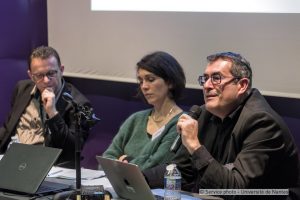
– how to influence European governance?
– how to inform people about Europe?
They participated in academic conferences on the subject, conducted several interviews with experts and teacher-researchers to better understand the issues and propose a diagnosis.
On Thursday afternoon, February 6th, each group of PhD students presented their work to the local partner. A final presentation brought together the different actors of this winterschool, allowing them to share their different experiences.
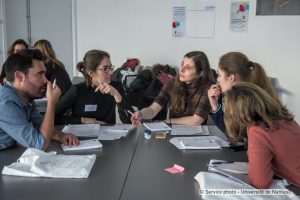 This winterschool brought together doctoral students from various countries (Spain, Greece, Portugal, Poland, Romania, Serbia, etc.) and different disciplines in the humanities and social sciences (political science, geography, sociology, anthropology, literature, law, etc.). The debates, meetings and discussions were very stimulating.
This winterschool brought together doctoral students from various countries (Spain, Greece, Portugal, Poland, Romania, Serbia, etc.) and different disciplines in the humanities and social sciences (political science, geography, sociology, anthropology, literature, law, etc.). The debates, meetings and discussions were very stimulating.
This experience has shown that all participants share common concerns. For example, better communication towards and about Europe is an issue for several of our local partners. This training also demonstrated the PhD students’ aptitude for analysis, their ability to assume the role of consultant and to question the different situations faced by local actors.
The work of the doctoral students provided a neutral outside view of our partners’ practices, highlighting certain elements which, though already known, might deserve more attention. The doctoral students were able to discover more about the work of a consultant, a possible future profession for some of the participants.
More generally, the doctoral students were able to work in a team and find complementarities in just a few days.
“With a good team, anything can be done! »
Our heartfelt thanks to all the participants and partners who agreed to embark on this adventure!
